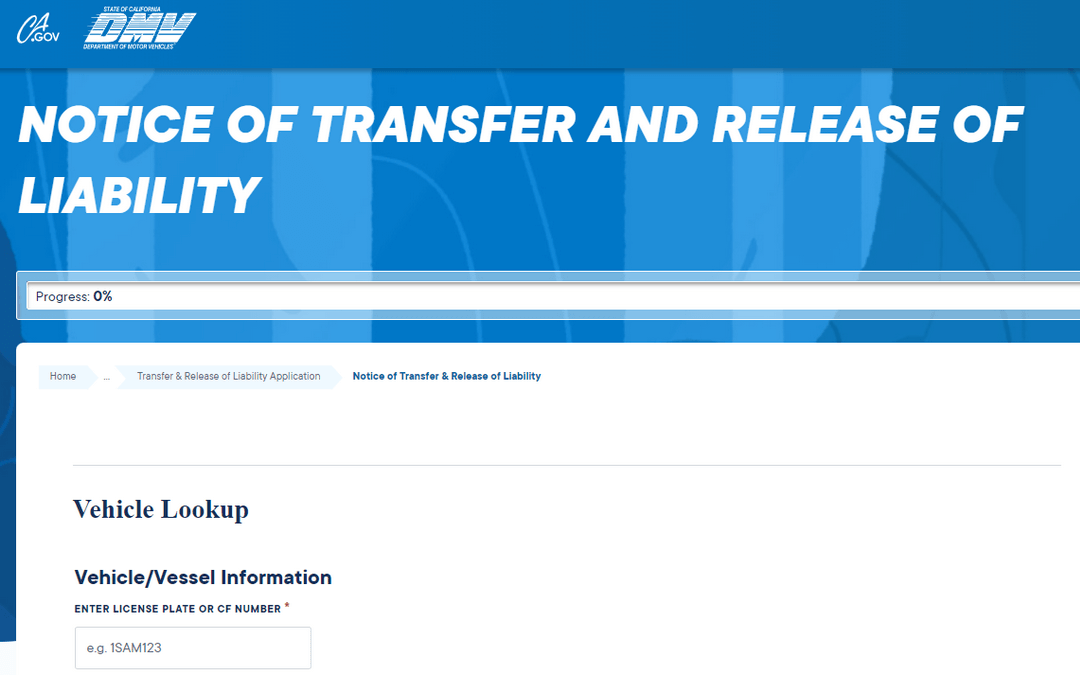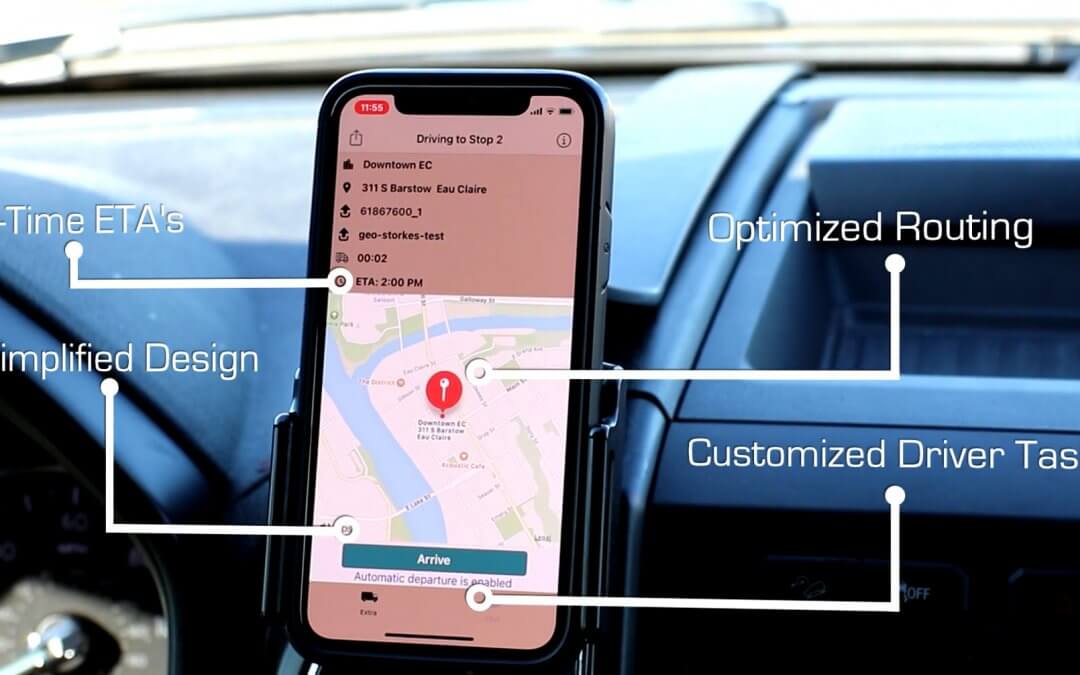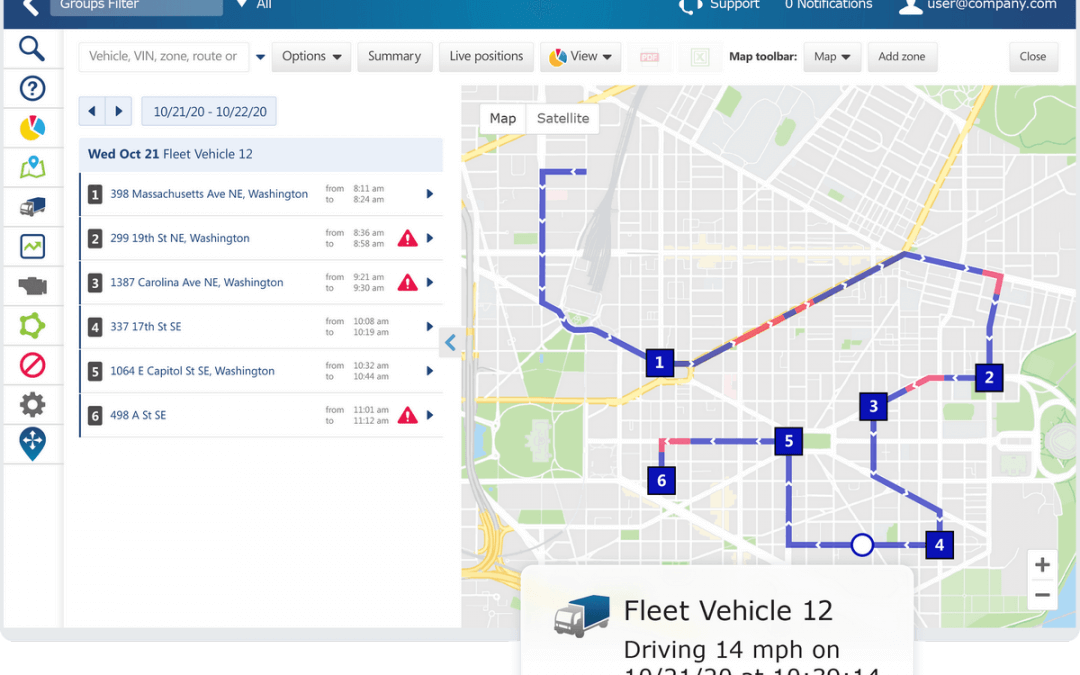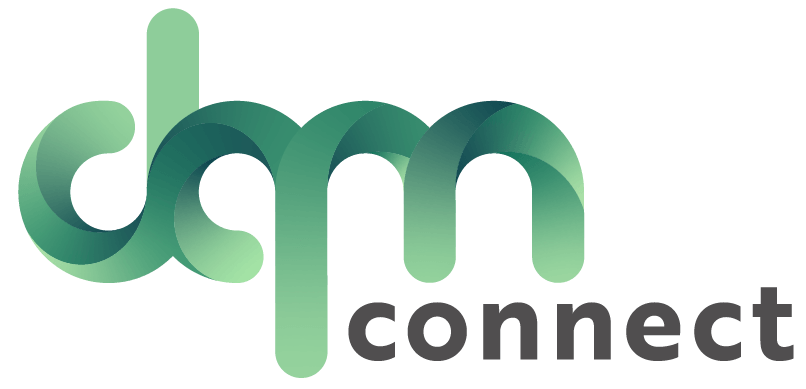
Fleet Compliance
“Sold your vehicle? Here’s an important step most people don’t know about.”
File a release of liability with CA DMV.
Why should you file?
You have signed off the title and handed it over to the new owner to complete the transfer. A lot can happen between handing that title over to the new owner and the actual transfer being processed.
To ensure you are not held liable after the sales transaction has been completed, file a release of liability with the CA DMV. This ensures that if an incident occurs involving that vehicle, you are not held liable for the damages and repercussions.
If you need assistance with filing a release of liability, contact VLC.

Fleet Dispatch
Why Every Fleet Manager Needs Excellent Fleet Dispatch Software
Chances are, your vehicle fleet is already managed by some sort of software solution – but in too many cases, these are sub-optimal or outdated systems. Many operations still track everything manually in spreadsheets, for example, which is both time-consuming and prone to errors due to data entry mistakes.
However, there are now much better options available. A modern fleet dispatch software suite can overhaul everything about your fleet management, and for the better. Fleet dispatch software goes far beyond dispatch duties – it can become the central pillar of your entire fleet management workflow.
How Fleet Dispatch Solutions Make Fleets Run Better
1 – Tracking more than just vehicles on the road
Any up-to-date fleet will have some form of on-road vehicle tracking, usually via GPS, but you can do far more than that. Fleet dispatch software can handle basic tracking, of course, but it will capture data from throughout the journey, along with information about your drivers’ performance.
This is then instantly put into databases for tracking and analysis. You can keep tabs on your fleet’s overall health and performance month-by-month, year-by-year. This leads to improved maintenance, lowered costs, and better ROI on your vehicle purchases.
2 – Keeping drivers and assets safer
Right now, with so much turmoil in the professional driving industry, it’s more important than ever to keep your drivers safe and happy. Robust fleet tracking and reporting makes this simple! You can monitor drivers’ performance to ensure they’re driving in safe ways, and schedule coaching for those who need a refresher.
In addition, by tracking vehicles’ performance and maintenance records, you have a much better chance of catching small mechanical issues before they become big dangerous problems. Preventative maintenance is one of the best ways to protect your drivers and assets while assuring drivers that you really are looking out for them.
3 – Streamline audits, compliance, reporting, licensing, etc
There’s no avoiding the mountain of bureaucracy that goes along with operating a professional fleet – and the penalties for messing up paperwork can be steep. You can be hit with fines, or potentially even lose licenses. Worse, the amount of effort needed to ensure compliance can be overwhelming – at least if you’re doing things by hand.
Today’s fleet dispatch software captures and stores accurate data that you need for your reports, putting the information right where you need it. In some cases, the data can even be sent to the authorities directly, greatly streamlining operations.
Get Fleet Dispatch Software Today
Vehicle Licensing Consultants can make your vehicle management so much easier. Contact us to learn more!

Telematics
How Vehicle Telematics Are Improving Fleet Management in Every Field
From a management perspective, few things have been better for working fleets than the introduction of vehicle telematics. Utilizing smartphones, tablets, and other devices, these systems can hook directly into the computer systems of a vehicle. They then monitor and capture vast amounts of data, more than a human driver could ever keep track of while making it instantly available for analysis and reporting.
If your fleet doesn’t have telematics systems in every vehicle, you’re almost certainly missing out on opportunities to optimize your fleet, save money, improve safety, and reduce avoidable downtime.
Four Ways Vehicle Telematics Improve Your Fleet Management
1 – Spot maintenance problems early
Typically, maintenance problems on vehicles start small and become more troublesome as time passes. Truly “out of nowhere” breakdowns are extremely rare. By monitoring, analyzing, and tracking your vehicles’ performance, you’ll be able to spot the small red flags that something’s wrong (like sudden drops in gas mileage) and fix them before they turn into big costly problems.
2 – Encourage better driver behavior
There are numerous ways that your drivers can help improve efficiency, reduce fuel costs, and avoid legal violations – but it’s often hard for drivers to self-coach and analyze their driving patterns. By having detailed information about every mile of the journey, you can spot wasteful activity – like accelerating and braking too hard – or be warned if a driver is violating the law too often. This leads to excellent coaching opportunities that improve efficiency.
3 – Increase accuracy in vehicle reporting, compliance, etc
Bureaucracy and regulations are an unfortunate fact of life when managing a working fleet – and you want to make sure your paperwork is as accurate as possible. With telematics systems, you’ll have highly accurate and detailed information for all your filings. This prevents costly errors or – worse – fines from incorrect reports.
4 – Proactively replace parts before breakdowns
How many miles do a truck’s tires still have on them? What’s the expected lifespan of the spark plugs? These details are almost impossible to keep track of manually, but with telematics paired with fleet management software, you’ll be able to know whenever any component on a vehicle is nearing its expected end-of-life. This allows you to proactively schedule replacements before any accidents or breakdowns happen – improving driver safety as well!
Vehicle Licensing Consultants offers the software solutions that make the most of your telematics. Contact us to learn more about your options.

Fleet Management
Keep Your Cleaning and Restoration Fleet Running Smoothly with These Fleet Management Tips
Cleaning and restoration services are in high demand right now, and if you want to maximize the value of your business, it’s critical to keep your cleaning fleet in top condition. With the right fleet management solutions by your side, this becomes much easier – and can even improve your profitability.
How do you make the most of your cleaning vehicle fleet management? Here are a few tips.
Four Ways to Do More With Your Restoration Fleet
1 – Utilize electronic vehicle inspection systems
If your fleet is still relying on drivers/operators to fill out inspection reports on paper, you could be missing out on a lot of critical information. Paperwork can take a long time to file, not to mention being prone to errors. With an electronic inspection system sending data straight to a database, it’s going to be more reliable, and give you instant access to the data for analysis.
2 – Embrace electronic maintenance orders
On the topic of paper being unreliable, this is also true for maintenance orders. It’s far too easy for a problem report to become lost in the shuffle or set aside to be handled and then forgotten about. When maintenance orders and problem reports are electronic, they’ll be in the system, and sending you alerts if they aren’t performed promptly. This reduces downtime and ensures your vehicles are always reliable.
3 – Constantly monitor vehicle performance
Maintenance problems almost always manifest as small problems before they become big problems – often so small they can go unnoticed by drivers. For example, if a vehicle’s gas mileage suddenly drops, the driver probably won’t notice unless it’s extreme. However, if you have a fleet management solution tracking key performance metrics, the analytical systems can spot even minor deviations from the baseline. These deviations point towards problems that should be fixed now to save time and money later.
4 – Accurately track expenses
How accurate are your TCO calculations? Tallying up expenses can be time-consuming and prone to errors if you’re doing things by hand. However, good fleet management systems can quickly calculate every expense related to every vehicle, providing you solid data for TCO – and providing indications of things that could be improved for better profitability.
Fleet Management Solutions
Vehicle Licensing Consultants specialize in helping working fleets run better. If you know your restoration fleet isn’t performing as well as it should, contact us to explore your options in fleet management solutions!

Fleet Management
Why Every Fleet Manager Needs Good Fleet Maintenance Management Software
Few innovations have changed the world of fleet management like fleet maintenance management software systems. They first gained traction in the 1990s, and as online communications expanded, they only became more and more useful over time. Today, fleet management systems are a must-have for anyone who’s overseeing a working vehicle fleet.
In this article, we wanted to go over the basics: what is fleet maintenance management, and what benefits does it bring to fleet managers?
I. What Is Fleet Maintenance Management Software?
The basic purpose of all fleet management software is to take over processes and operations that would otherwise have to be done by hand. This is accomplished through a combination of robust database-driven software, gathering data through electronic monitoring of the vehicles and their components.
In the past, fleet management software focused largely on physical monitoring of the vehicles, such as tracking their position on the road via GPS. Today, software can integrate a huge range of features and modules, including:
- GPS tracking
- Route planning
- Fuel use and emissions
- Maintenance logging
- Miles and hours
- Driver behavior on the road
- Telematics data, such as component performance
- Regulatory compliance and electronic filing
In addition, fleet management software can also integrate with other database/software systems you use. So, for example, you could potentially use the GPS tracking system to feed information into a customer-facing portal that allows them to track shipments. Or fleet efficiency can be analyzed within the context of overall business performance, to see how fleet operations are impacting the bottom line.
Plus, it greatly reduces the chances of human error. Since the software is typically pulling its data directly from other computer systems, this creates far fewer opportunities for manual data input to create problems.
The overall time-savings for you, by themselves, can easily justify the investment into a new software package. However, there are numerous other ways that fleet management software can keep paying for itself year after year.
II. What Are the Biggest Benefits To Fleet Maintenance Management Systems?
1 – Engage in smarter proactive/preventative maintenance
The number one priority when managing a working fleet is to see that fleet operating at the best possible efficiency, with as few accidents or breakdowns as possible. This becomes far easier to accomplish with fleet management software.
It can track the overall ‘health’ and performance of your vehicles over time. This can apply to a vehicle as a whole, but better software can even track individual components – including their maintenance history and expected operational lifespans. When was the last time a particular vehicle had its spark plugs changed? How long have those tires been on the road without replacement? Questions like these become simple to answer. You can even set up alerts that let you know when it’s time for repairs or replacement before any operational incidents occur.
This can greatly reduce unplanned downtime and prevent your fleet from ever becoming the cause of a bottleneck.
2 – Keep your drivers/operators safe
Another major priority is protecting your human assets – which is also easier to accomplish with good software on your side. Obviously, preventative maintenance will go a long way towards reducing the danger to the drivers, but that’s only the beginning.
Vehicle telematic systems can give you near real-time overviews of your drivers’ on-road behavior. Are your drivers driving safely? Are they following the rules of the road? You get clear reports on their behavior moment-by-moment, allowing you to oversee their performance and coach them as is appropriate.
Plus, should an incident ever occur, you’ll be notified of the problem almost instantly. This reduces response time in case of an accident or other emergency.
3 – Reduce fuel costs
Fuel costs keep rising, and there’s very little reason to think that trend is going to change any time soon. Keeping costs down means improving fuel efficiency, and you have numerous ways of accomplishing that.
Fleet maintenance management software almost always includes route-planning capabilities, so you can keep looking for better and more efficient routing. Modern systems can take a holistic view of vehicle utilization, planning routes globally, as well as optimizing individual routes.
Driver monitoring also contributes here. You’ll be able to see if drivers are behaving in ways that waste fuel, such as over-relying on ‘autopilot’ systems or being too aggressive in their acceleration and braking. This opens more opportunities for coaching and emphasizing the importance of fuel-smart driving.
Plus, all that preventative maintenance will also help ensure optimal fuel use. If the components on the vehicle are performing at peak spec, the overall impact on fuel use will be quite positive.
4 – Streamline regulatory compliance and auditing
Most working fleets have numerous regulatory hurdles to overcome, including reporting drivers’ hours, maintaining emissions standards, and keeping up with licenses and permits. Your fleet maintenance management software will track all these on your behalf, alerting you when critical regulatory events or deadlines are coming up. In some cases, automatic electronic filing is also an option, if the agency in question allows for it.
In addition, your paperwork and audits will be more reliable as well. With fewer opportunities for human error, you’ll see fewer problems with your filings and potentially avoid major bureaucratic headaches.
Fleet Maintenance Management Software Makes Your Life Easier
That’s what it boils down to. With the right software package on your side, you’ll be able to do more, in less time, and have plenty of data demonstrating your efficiency. It’s a win-win proposition. Reasonably priced software can pay for itself in a matter of months, or even weeks while continuing to provide real cost benefits for years to come.
Vehicle Licensing Consultants (VLC) specializes in making fleet management easier! We started off focusing on licensing and regulatory compliance, but now we offer a full range of fleet management services and products. We have a team of professionals, each dedicated to in-depth knowledge of the latest rules, regulations, news, tools, and financially smart application to provide you with the best opportunities for success.
If you’re struggling to keep your fleet moving on time, and within budget, we can help! Click here to learn more about us and our products.





